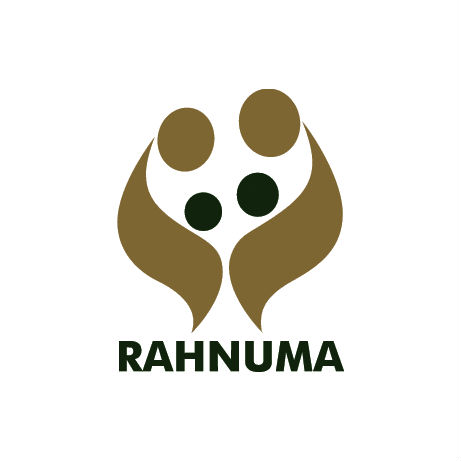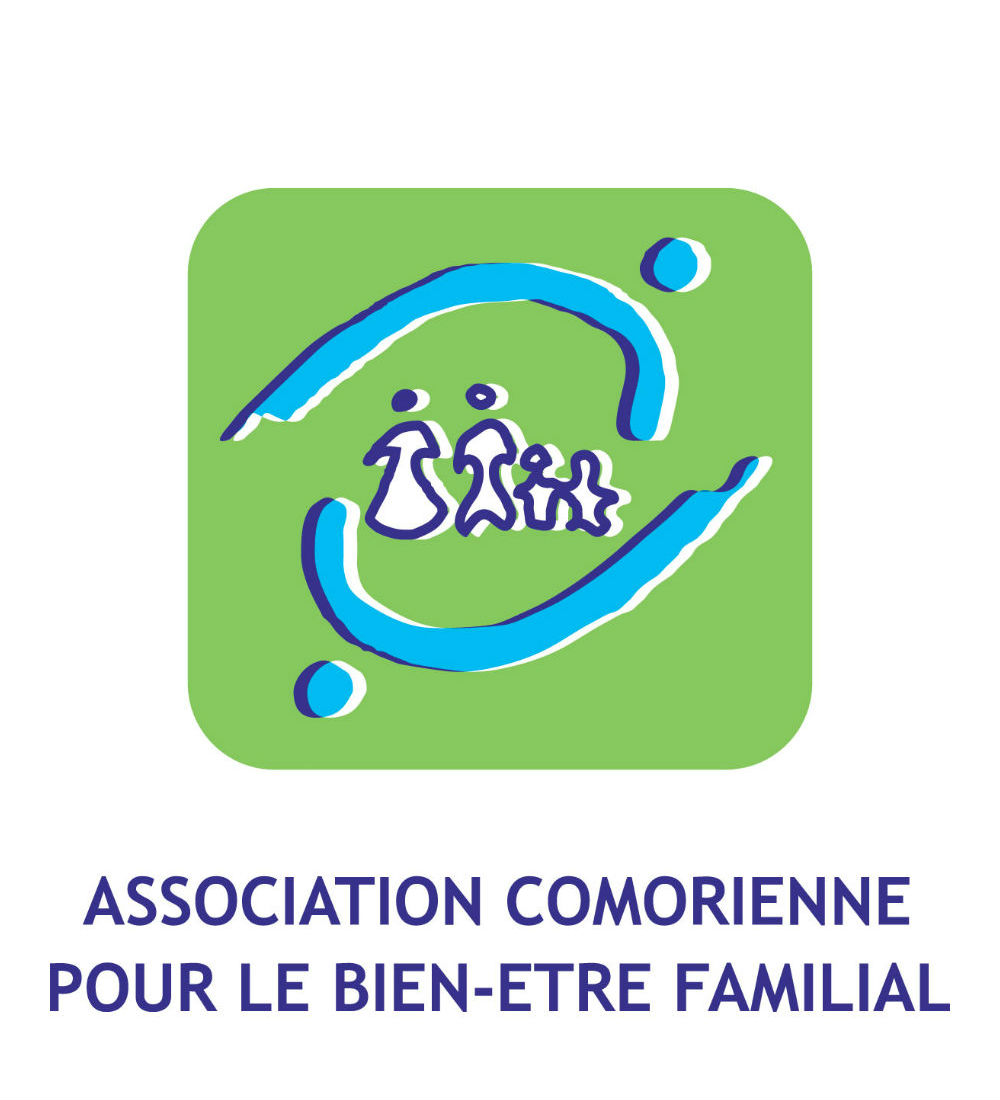

| 31 March 2016
Rahnuma-Family Planning Association of Pakistan
Rahnuma (formerly the Family Planning Association of Pakistan or FPAP) started serving poor and marginalized people in Pakistan as the Family Planning Association of Pakistan (FPAP) in 1953. After over 50 years of momentous achievements, the FPAP felt that its name did not fully reflect the scope of its work. It renamed itself ‘Rahnuma’, an Urdu word meaning 'one who shows the path and provides direction'. Rahnuma was one of the pioneers in providing family planning services and advocating for spacing of childbirth and for smaller families. The government later embraced the cause by establishing the Ministry of Population Welfare. In the space of a decade, Rahnuma grew from a single clinic, based in 1 room in Karachi, to a large-scale operation with an infrastructure of district branches offering model clinics and information and educational facilities. Today, the network operates nearly 5,000 service points, comprising 118 permanent clinics, 11 mobile units, 191 associated clinics and over 2,000 community-based distributors/services (CBDs/CBSs). It also handles referrals to over 2,143 private physicians. Rahnuma has developed innovative programmes to increase access to high-quality, affordable health services. It has advocated for a rights-based approach to sexual and reproductive health (SRH), for the empowerment of particular groups within communities (especially women and young girls), and for the strengthening of civil society in Pakistan. As the sexual and reproductive health and rights (SRHR) agenda has shifted over the years, Rahnuma has increasingly embraced SRHR in the context of national development and poverty alleviation, owing to the direct connection between socio-economic conditions and health and well-being. Contacts Website: http://www.fpapak.org Facebook: https://www.facebook.com/rahnuma.fpap.9 Twitter: https://twitter.com/Rahnuma_FPAP

| 31 March 2016
Association Comorienne pour le Bien-Etre de la Famille
Located off the eastern coast of Africa in the Indian Ocean, Comoros is an archipelago of 4 islands at the northern end of the Mozambique Channel between northeaster Mozambique and northwestern Madagascar. At a little over 1,800 square kilometres, it’s the third smallest nation in Africa, but has over 700,000 inhabitants. It is one of the most densely populated countries on the continent. A third of the population are women of reproductive age and the absence of essential health services presents major risks to their health and survival. High fertility levels allied to low contraceptive uptake, and widespread poverty combine to drive high risks related to sexual and reproductive health (SRH). In response, the Association Comorienne pour le Bien-Être Famille (ASCOBEF) is delivering a comprehensive range of sexual and reproductive health programmes and services. These include family planning, gynaecological counselling and services, antenatal care, information, education and communication (IEC) programmes and behaviour change communications (BCC) activities to promote health-seeking behaviour. It is also playing a major advocacy role in the fight against gender-based violence, and has provided extensive victim support. The majority of ASCOBEF's clients are poor, marginalized, socially excluded and/or under-served. ASCOBEF deliver services and programmes supported by volunteers, Youth Action Movement members and peer educators. ASCOBEF works in partnership with non-governmental organizations (NGOs) including Réseau Femmes et Développement. It receives financial support from UNFPA, the Global Fund, UNICEF and the World Health Organization. Contacts Website: www.ascobef.org Facebook: https://www.facebook.com/Association-Comorienne-Pour-Le-Bien-Etre-De-La-Familla-Ascobef-1514140762210292/







